| "The most important story that we can write in the U.S. workforce is ensuring truly that every job has dignity, decent wages, safe conditions and an opportunity to grow." -Author Daniel Pink on reimagining the workplace post-pandemic
Welcome to the "Face the Nation" Five at Five newsletter. Scroll down for your five takeaways from today's broadcast of "Face the Nation" with Margaret Brennan on CBS. Did someone forward you this? Sign-up at cbsnews.com/email. 1. Hill welcomes "obligatory" new U.S. sanctions on Russia over Navalny poisoning 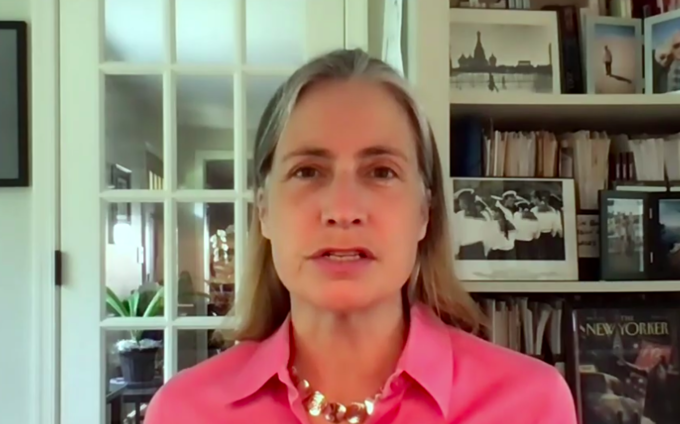
Dr. Fiona Hill, who served as a top adviser on Russia to former President Trump, said Sunday that new sanctions the U.S. is readying against Russia in response to the poisoning of Kremlin critic Alexey Navalny are "obligatory" and believes Moscow is "well aware" they are coming. What Hill said: "The Russians were already put on notice that the death of Navalny would be seen as a really serious event that would basically get some responses as well. So I think, you know, the Russians were certainly forewarned and, you know, probably well aware that these sanctions were coming." Why it matters: National security adviser Jake Sullivan told CNN on Sunday that the Biden administration is preparing another sanctions package in response to Russia's targeting of Navalny, who was poisoned with Novichok, a Soviet-era nerve agent. The Russian opposition leader recovered in Germany but was jailed upon his return to Moscow in January. President Biden told reporters last week that he warned Russian President Vladimir Putin at their summit in Geneva, Switzerland, that if Navalny dies, "the consequences of that would be devastating for Russia." 2. Schiff says U.S. should go "on offense" in response to cyberattacks 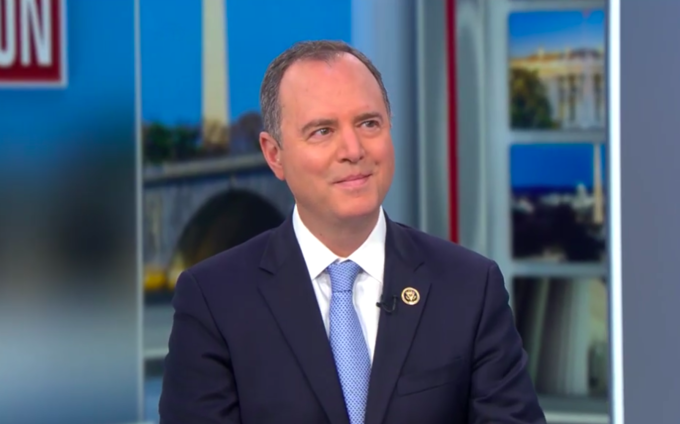 Democratic Congressman Adam Schiff of California, who chairs the House Intelligence Committee, said Sunday the United States needs to "go more on offense" to stop cyberattacks as the Biden administration works to protect against breaches that have hit private companies in recent months. What Schiff said: "We do have to go more on offense. And I think that means that when we identify cyber groups that are working in conjunction with foreign states, that we treat them as an arm of the state and that we use our cyber capability to destroy or disrupt the infrastructure they're using to raid whatever funds they're accumulating from these attacks. Does that, you know, yield to greater instability? Very possibly, because we would be taking action against foreign parties." Why it matters: Cybersecurity was a key focus of President Biden's summit last week with Russian President Vladimir Putin in Geneva, Switzerland. It was the first meeting between the two leaders since the sweeping SolarWinds cyberespionage campaign, which was attributed to the Russian government, and ransomware attacks on U.S. companies that were traced to hacking groups operating on Russian soil. 3. Gottlieb says U.S. needs new vaccine strategy as pace of shots lags 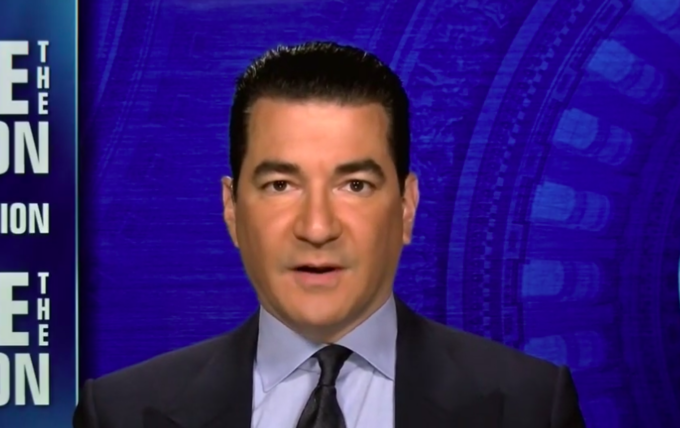 Approaching the Fourth of July holiday, the U.S. appears unlikely to attain President Biden's self-imposed goal of administering at least one COVID-19 vaccine dose to 70% of American adults. Dr. Scott Gottlieb, former commissioner of the Food and Drug Administration (FDA), said Sunday that the U.S. needs to develop a new vaccine strategy as vaccination rates lag. What Gottlieb said: "We need to think about a different vaccine delivery strategy to get the people who are still reluctant or who still face challenges getting into those access sites. As a practical matter, from a public health standpoint, it's not going to have an impact whether we hit 68% or 70%." Why it matters: Gottlieb said the Biden administration needs to shift to a "2.0" vaccination campaign, with a focus on pushing the vaccine into community sites where people could get it through a "trusted intermediary" like a doctor's office, school or workplace. The Biden administration has launched a host of initiatives in recent weeks to improve community-based distribution of the vaccines. 4. Lonnie Bunch, head of the Smithsonian Institution, on preserving history 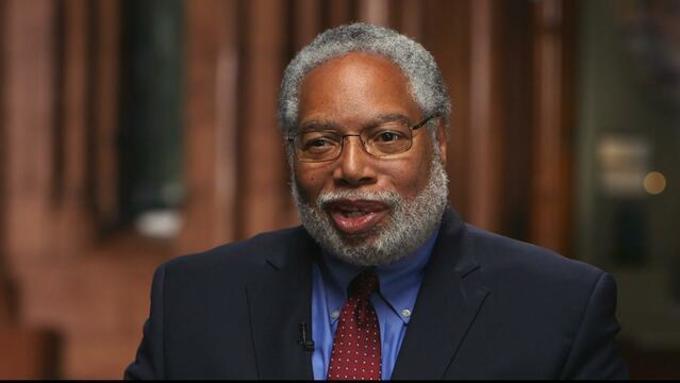
On Friday, the U.S. government officially recognized Juneteenth, June 19, as a federal holiday. June 19, 1865, was the day that the last slaves were notified that they had been freed under the Emancipation Proclamation, which had been signed two and a half years earlier.
The process of making Juneteenth a holiday followed a similar timeline -- long advocated for and privately celebrated -- but the final stage was brisk. CBS News asked the Secretary of the Smithsonian Institution, Lonnie Bunch, to reflect on the importance of Juneteenth. 5. Ibrahim Raisi wins election as Iran's president as nuclear deal talks resume 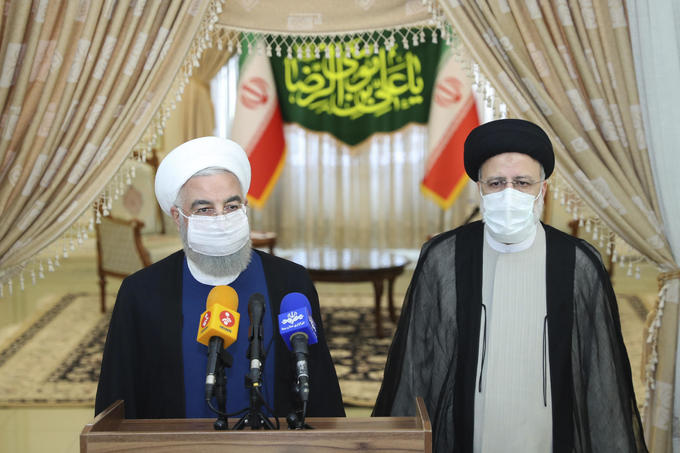 While major world powers are in talks to revive the 2015 nuclear deal with Iran, there's soon to be a new player in the negotiations: Ibrahim Raisi, a hardline judge, secured a landslide victory in Iran's presidential election. CBS News senior foreign correspondent Elizabeth Palmer reports from Tehran on what Raisi's win means for the U.S. |
No comments:
Post a Comment